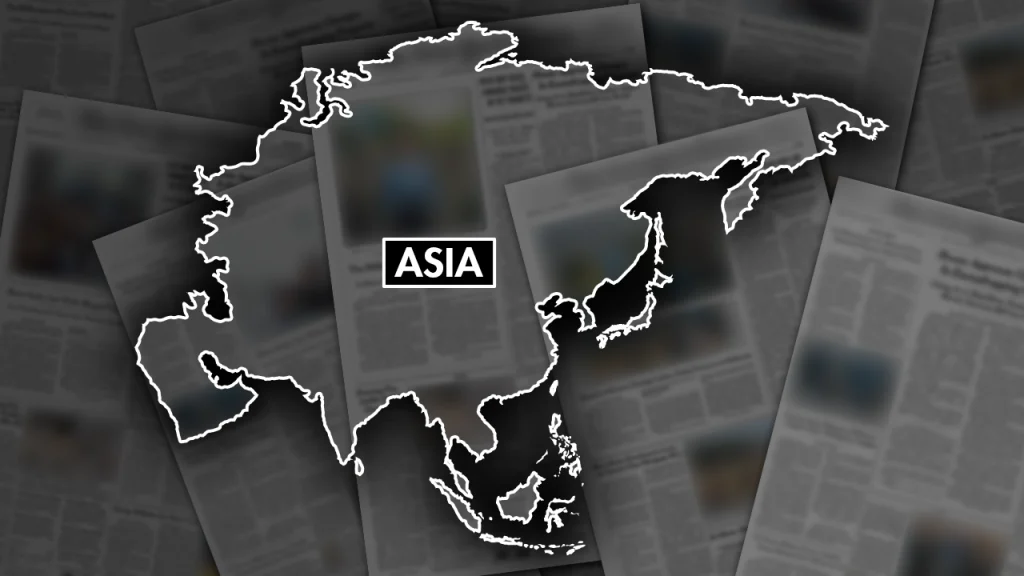The Republic of Georgia has recently been in the midst of major protests due to a proposed law that is seen as a threat to media freedom and the country’s hopes of joining the European Union. The bill in question would require media outlets and non-governmental organizations to register if they receive more than 20% of their funding from foreign sources. The ruling Georgian Dream party claims the bill is necessary to prevent harmful foreign influence in politics, while opponents argue it is reminiscent of laws used by Russia to suppress independent media and organizations critical of the Kremlin.
The bill has sparked massive demonstrations, with thousands of protesters gathering outside the parliament building to block its passage. The protests have turned violent at times, with clashes between demonstrators and police leading to arrests and injuries. The opposition United National Movement has accused the ruling party, founded by billionaire Bidzina Ivanishvili, of serving Moscow’s interests, further fueling tensions. President Salome Zourabichvili has vowed to veto the law, but the ruling party has the majority needed to override her veto.
Georgia’s relationship with Russia has been strained since the collapse of the Soviet Union, with a brief war between the two countries in 2008 over the breakaway province of South Ossetia. Despite improved relations in recent years, the status of the separatist regions of South Ossetia and Abkhazia remains a contentious issue. The opposition has criticized the ruling party for alleged ties to Moscow, while the ruling party denies these accusations. Critics fear that the proposed law will hinder Georgia’s efforts to join the European Union.
The European Union has expressed concern over the proposed legislation, with EU Foreign Policy Chief Josep Borrell warning that the bill could negatively impact Georgia’s progress towards EU membership. Borrell emphasized that the law is not in line with EU values and could limit freedom of expression and civil society. The EU’s stance reflects the broader international concern over the potential impact of the bill on media freedom and democratic values in Georgia. The parliament’s decision to cancel a scheduled session due to damage from protests highlights the intensity of the opposition to the bill.
Overall, the situation in Georgia highlights the complex political dynamics at play in the region, with tensions between pro-European and pro-Russian factions shaping the country’s domestic and foreign policy. The protests against the proposed law underscore the public’s commitment to defending media freedom and democratic values, while also reflecting broader geopolitical influences in the region. As Georgia continues to navigate its relationship with Russia and its aspirations for closer ties with the EU, the outcome of the protests and the fate of the bill will have significant implications for the country’s future trajectory.


